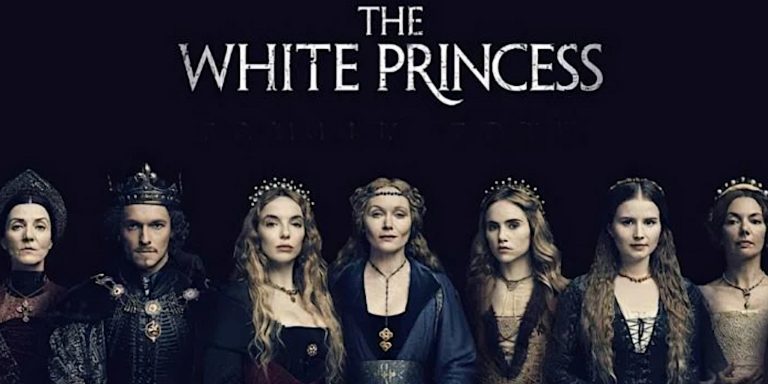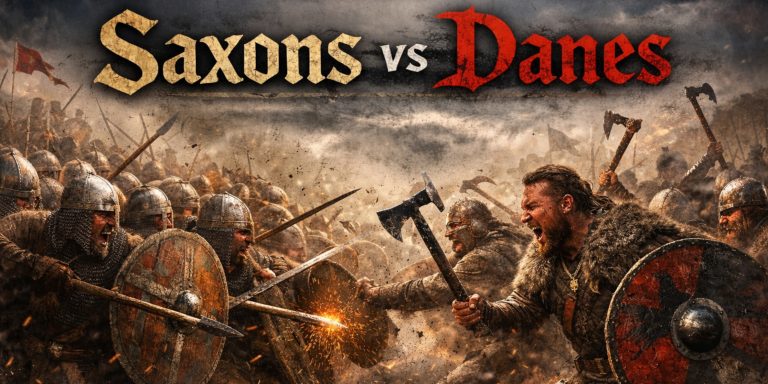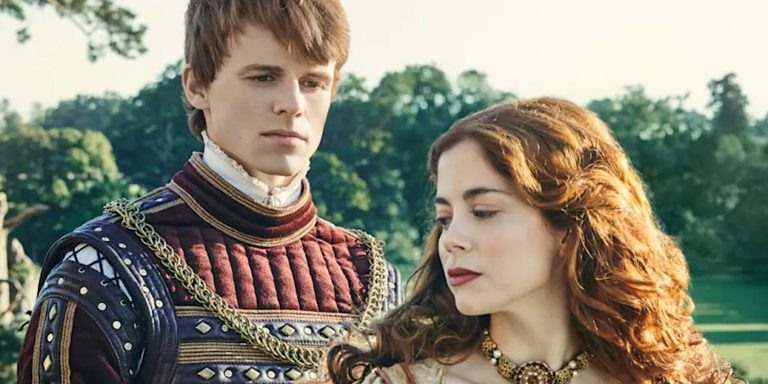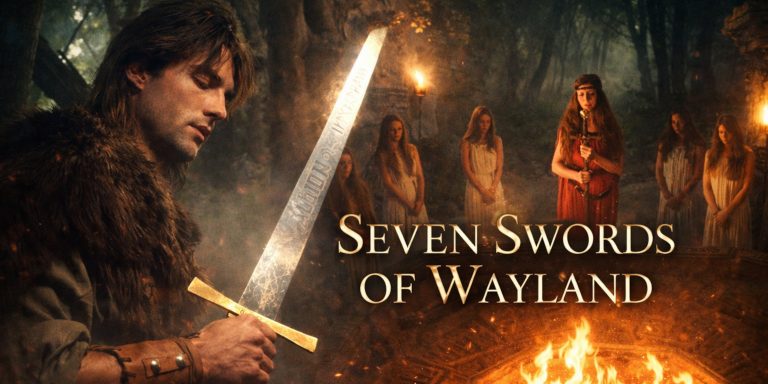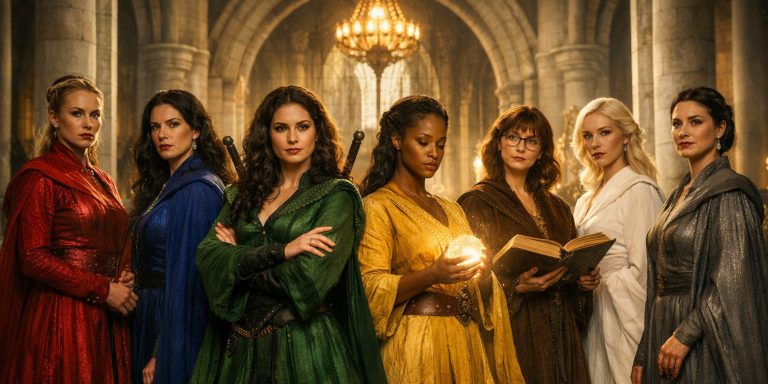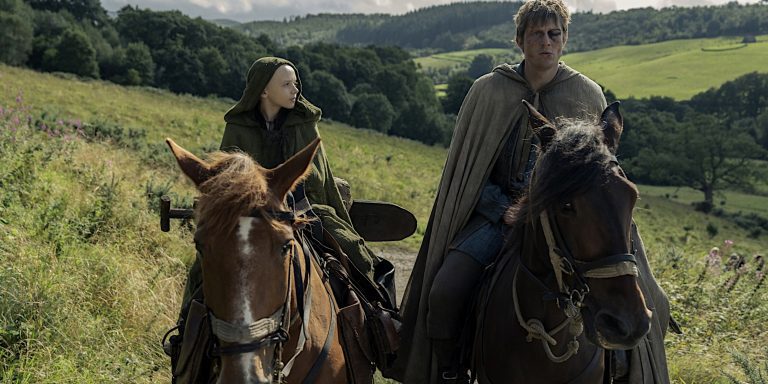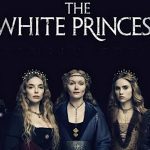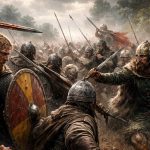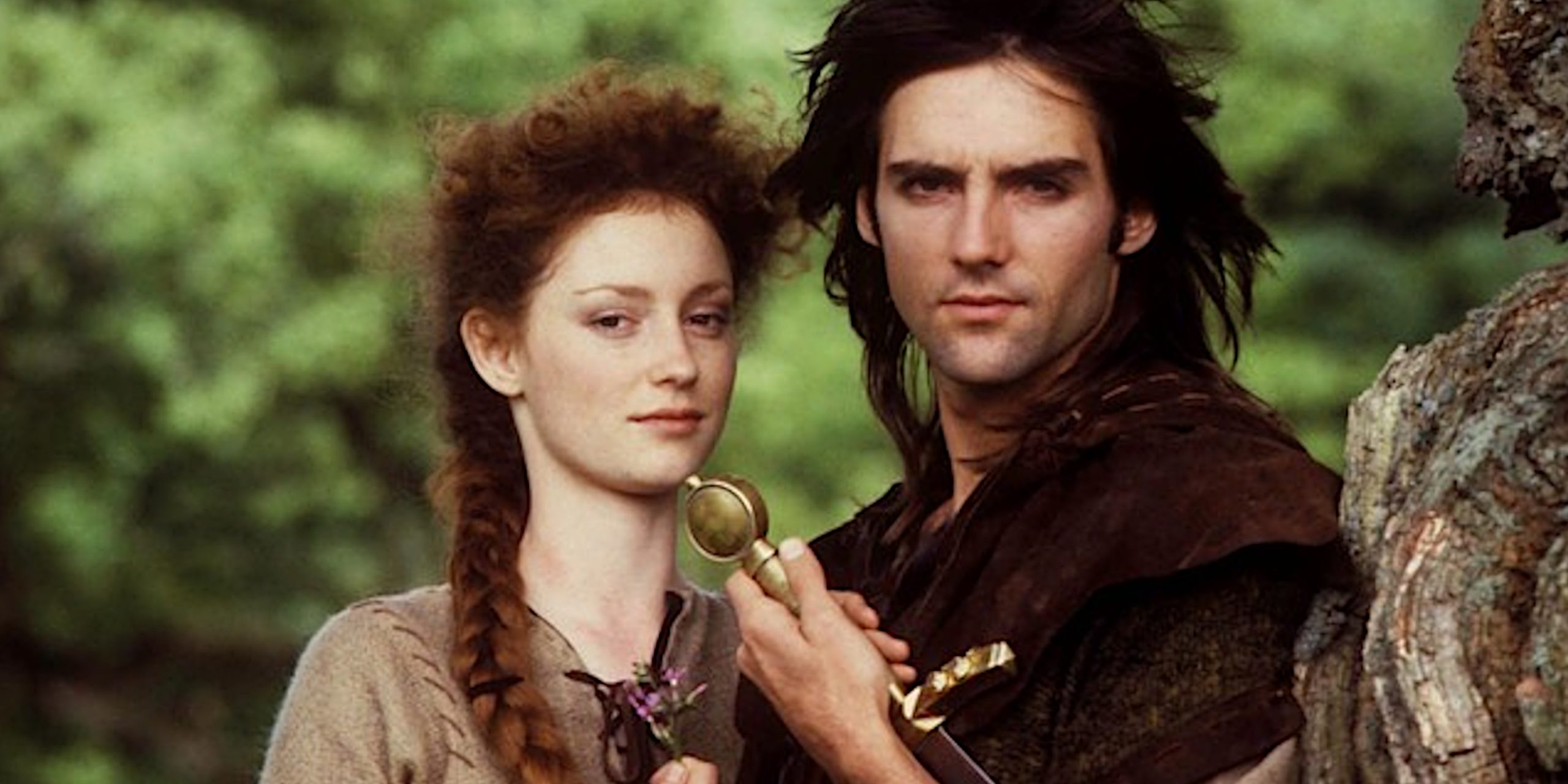
Robin Hood has been reimagined across film and television for over a century, but few adaptations have had the cultural weight or tonal distinctiveness of Robin of Sherwood. First broadcast in the 1980s, the series brought a mysticism and grounded realism to the legend that contrasted sharply with both the swashbuckling adventure of older versions and the stylised spectacle of later ones. This article compares Robin of Sherwood with other major portrayals to assess how it stands apart and why it remains influential.
Key Adaptations Compared
| Title | Format | Year(s) | Actor as Robin | Style |
|---|---|---|---|---|
| Robin of Sherwood | ITV series | 1984–1986 | Michael Praed / Jason Connery | Mystical, historical drama |
| The Adventures of Robin Hood | Film | 1938 | Errol Flynn | Swashbuckling, theatrical |
| Robin Hood: Prince of Thieves | Film | 1991 | Kevin Costner | Action-adventure, romanticised |
| Robin Hood (BBC) | TV series | 2006–2009 | Jonas Armstrong | Contemporary dialogue, fast-paced |
| Robin Hood (Ridley Scott) | Film | 2010 | Russell Crowe | Gritty realism, military tone |
| Men in Tights | Film | 1993 | Cary Elwes | Parody |
Tone and Atmosphere
Robin of Sherwood leans heavily into English folklore, pagan elements, and the tension between Norman and Saxon rule. Its use of mysticism, particularly through the character of Herne the Hunter, sets a sombre, spiritual tone not found in earlier or later adaptations.
By contrast, the 1938 Adventures of Robin Hood is high-spirited and theatrical, with vivid colour and orchestral music underscoring its idealised heroism. Prince of Thieves adopts a darker visual tone but is still rooted in romantic adventure. Ridley Scott’s 2010 version pushes harder into gritty realism, focusing more on military politics than myth.
The BBC’s 2006 series attempts to modernise the legend with quippy dialogue and stylised villains, though it divides opinion for its tonal inconsistency.
Casting and Characterisation

Michael Praed’s Robin (and later Jason Connery’s) in Robin of Sherwood is soft-spoken but intense, framed more as a chosen figure or spiritual leader than a cocky outlaw. His relationships with Marion and the Merry Men are handled with a seriousness that reflects the show’s deeper emotional undercurrent.
Errol Flynn’s Robin is charismatic, flamboyant, and barely restrained. Kevin Costner’s portrayal lacks a convincing accent but adds a layer of brooding self-righteousness. Jonas Armstrong’s take is lighter, with a boyish restlessness, while Russell Crowe brings a gruff world-weariness better suited to war than woodland revolt.
Historical Setting and Accuracy
While no Robin Hood adaptation can claim full historical accuracy, Robin of Sherwood attempts to root its world in post-Conquest England, complete with regional dialects, realistic costume, and period-appropriate tensions. The BBC’s version flattens the historical context for mass appeal, often inserting modern values and language. Scott’s film is arguably the most historically grounded in terms of military equipment and social structure, though it strays far from the mythos.
The 1938 and 1991 films prioritise entertainment over accuracy, often showing castles, costumes, and attitudes centuries out of place.
Use of Music
Clannad’s original score for Robin of Sherwood is a defining feature of the series. The ethereal and Celtic sound deepens its sense of myth and melancholy. No other adaptation places as much weight on music to carry atmosphere. The BBC’s pop-rock score feels jarring by comparison, while cinematic versions rely more on sweeping orchestration typical of Hollywood epics.
Cultural Legacy
Robin of Sherwood is often cited as the definitive television adaptation. Its influence is visible in later fantasy and historical dramas, especially in its willingness to explore religion, fate, and identity within a medieval setting. Though it ran for only three seasons, it left a lasting impression on fans and future storytellers.
Other adaptations have had broader reach or box office success, but few have retained the kind of long-term reverence Robin of Sherwood commands among those who encountered it.
The Seven Swords Takeaway
While many versions of Robin Hood deliver action and adventure, Robin of Sherwood remains distinct for its depth, atmosphere, and mythological weight. It avoids cartoonish villains and simplistic heroics, favouring nuance and spirituality. In doing so, it captures not just the rebellion of the outlaw legend, but its moral and cultural roots. Most adaptations entertain. Robin of Sherwood resonates.

